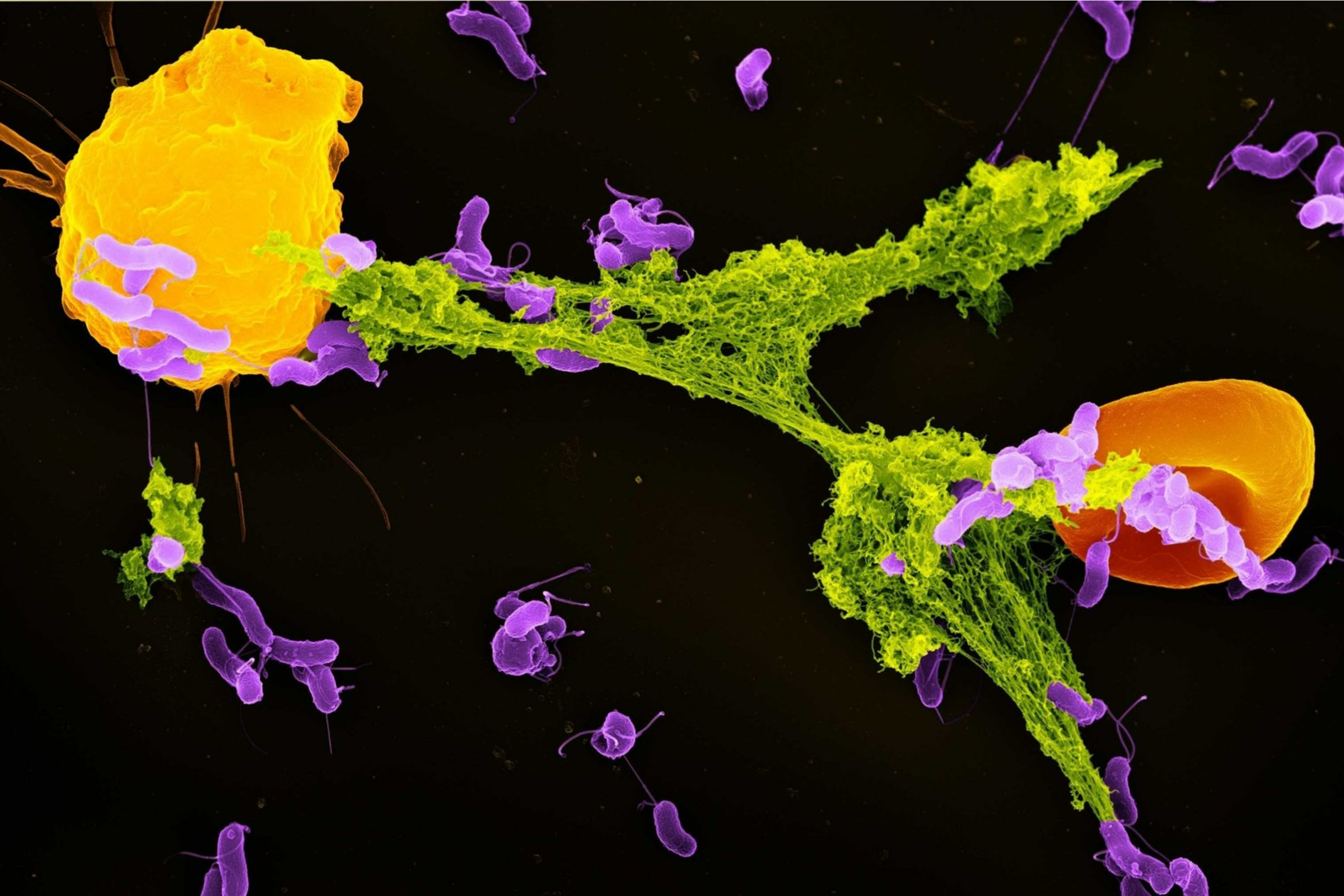A novel DNA-chopping enzyme developed by the biotechnology company Neutrolis shows potential in combating autoimmune diseases, according to early data from ongoing research. This enzyme is designed to break down neutrophil extracellular traps (NETs), which are structures formed by the immune system to ensnare and neutralize bacterial invaders.
Neutrophils, a type of white blood cell, utilize these NETs in a unique defense mechanism. By ejecting their DNA, they create a web-like barrier that captures pathogens. While this process is effective against infections, excessive NET formation has been linked to various autoimmune disorders, where the immune system mistakenly attacks the body’s own tissues.
Understanding the Mechanism and Potential Impact
The new enzyme acts by dismantling these NETs, potentially reducing inflammation and tissue damage associated with autoimmune conditions. Researchers at Neutrolis emphasize that this approach could lead to innovative treatments for diseases such as lupus, rheumatoid arthritis, and multiple sclerosis, where NETs play a significant role in disease pathology.
Preliminary findings suggest that the enzyme can effectively modulate the immune response, offering a dual benefit of controlling excessive inflammation while maintaining necessary immune functions. The implications of this discovery extend beyond just autoimmune diseases; it could also influence how the medical community approaches conditions characterized by chronic inflammation.
Clinical trials are expected to commence in the coming months, focusing on safety and efficacy. The research team aims to gather comprehensive data to support the enzyme’s therapeutic applications.
Next Steps and Broader Applications
The medical community is keenly observing these developments. If successful, this enzyme could represent a paradigm shift in how autoimmune diseases are treated, moving away from traditional immunosuppressants that often come with significant side effects.
The focus now shifts to further studies that will explore the enzyme’s full capabilities and its potential integration into existing treatment protocols. The research team is optimistic about the enzyme’s future, highlighting its promise not only in treating autoimmune diseases but also in addressing other conditions where NETs may contribute to pathogenesis.
As the trials unfold, ongoing collaboration with health professionals and researchers worldwide will be vital for translating these findings into clinical practice. The potential for this enzyme to offer a new avenue for treatment represents an exciting frontier in immunology and biotechnology.
With continued investment in research and development, Neutrolis aims to make significant strides in improving the quality of life for individuals affected by autoimmune disorders, paving the way for innovative therapies that could transform future treatment landscapes.







